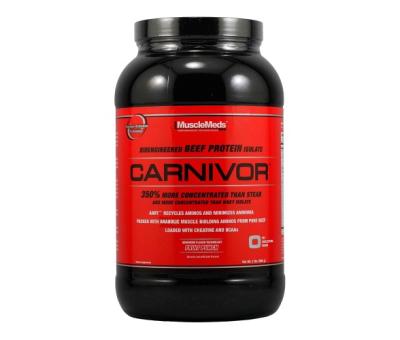Fenugreek is an herb similar to clover that is native to the Mediterranean region, southern Europe, and western Asia. The seeds are used in cooking, to make medicine, or to hide the taste of other medicine. Fenugreek seeds smell and taste somewhat like maple syrup. Fenugreek leaves are eaten in India as a vegetable.
Fenugreek is taken by mouth for digestive problems such as loss of appetite, upset stomach, constipation, inflammation of the stomach (gastritis). Fenugreek is also used for diabetes, painful menstruation, polycystic ovary syndrome, and obesity. It is also used for conditions that affect heart health such as "hardening of the arteries" (atherosclerosis) and for high blood levels of certain fats including cholesterol and triglycerides.
Fenugreek is used for kidney ailments, a vitamin deficiency disease called beriberi, mouth ulcers, boils, bronchitis, infection of the tissues beneath the surface of the skin (cellulitis), tuberculosis, chronic coughs, chapped lips, baldness, cancer, Parkinson's disease, and exercise performance.
Some men use fenugreek for hernia, erectile dysfunction (ED), male infertility, and other male problems.
Women who are breast-feeding sometimes use fenugreek to promote milk flow.
Fenugreek is sometimes used as a poultice. That means it is wrapped in cloth, warmed, and applied directly to the skin to treat local pain and swelling (inflammation), muscle pain, pain and swelling of lymph nodes (lymphadenitis), pain in the toes (gout), wounds, leg ulcers, and eczema.
As a dietary supplement, take 2 capsules 1-3 times daily as needed.



